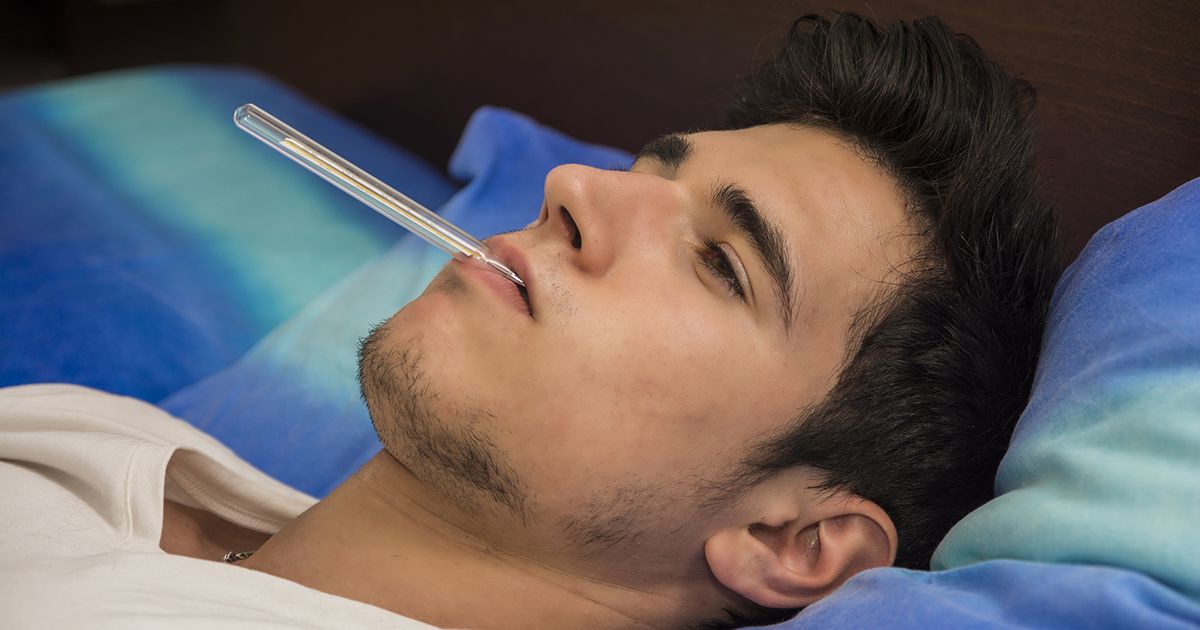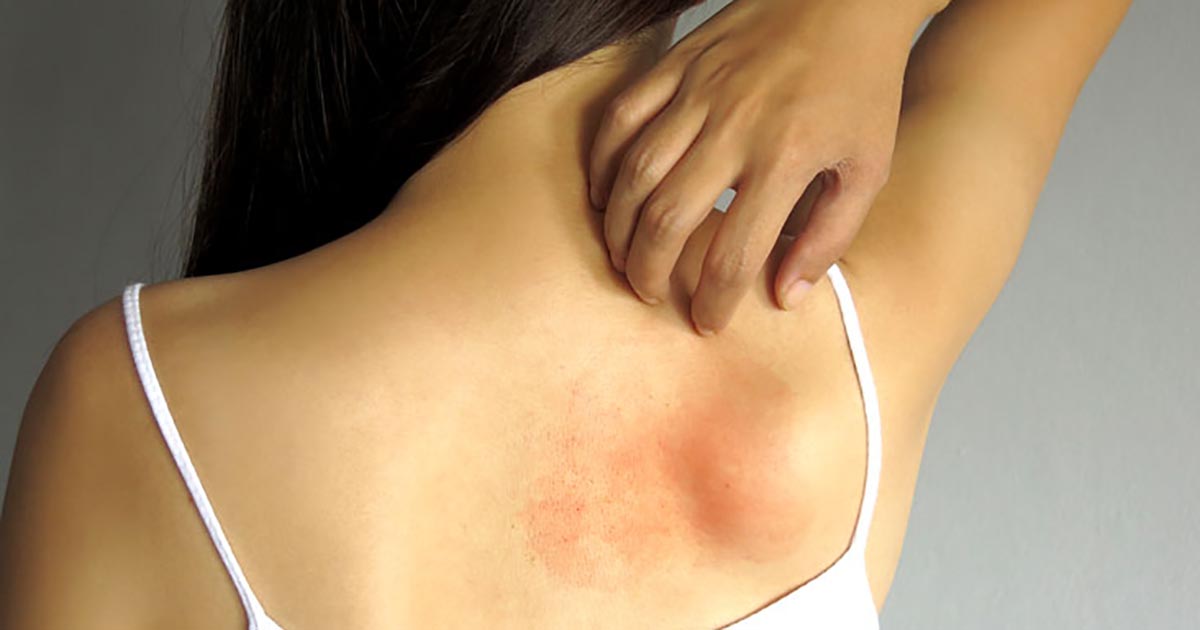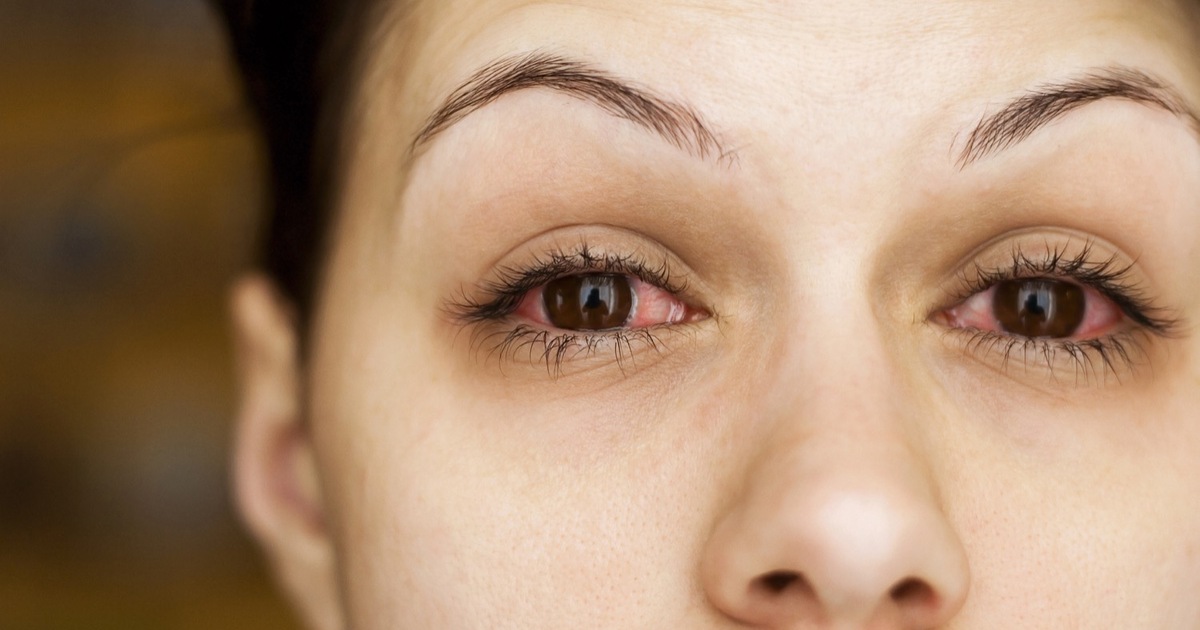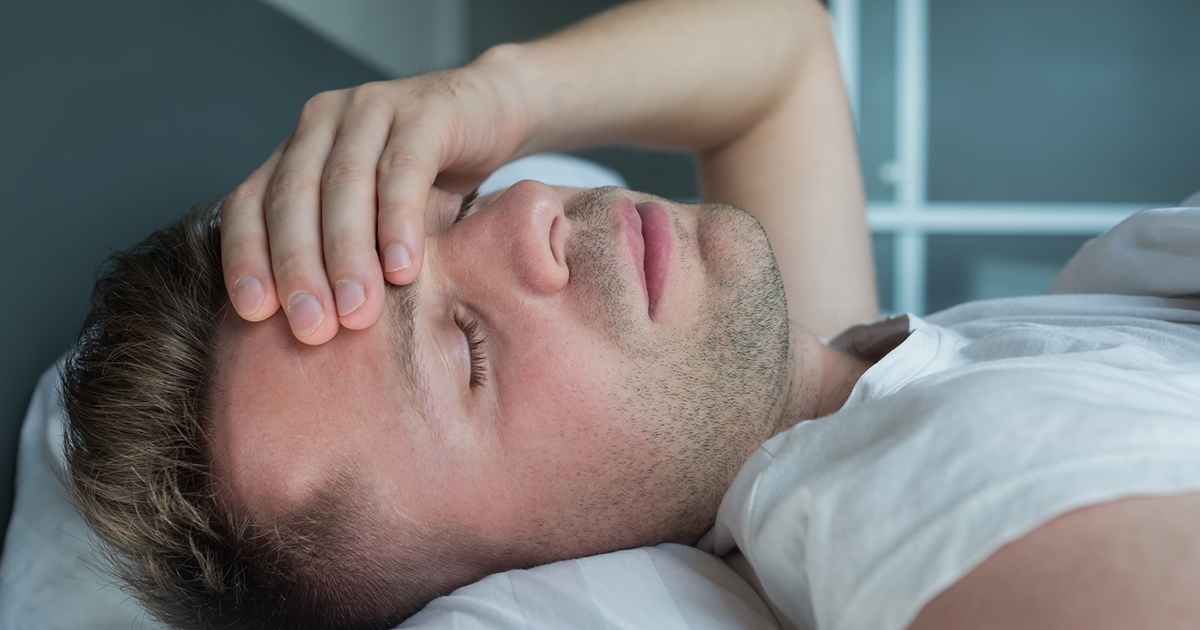Common Symptoms Of The Zika Virus
The Zika virus is spread through mosquito bites and can cause illness for those affected. There are multiple symptoms of this virus that can leave an individual not feeling like themselves and incapable of completing their regular daily activities. If any of the following symptoms apply to you, and if you have been out of the country recently, be sure to see your doctor right away, as you may be infected with the Zika virus.
Fever

If individuals notice their body temperature has risen, and they feel warm to the touch with head pain, this can indicate a fever. When someone develops a fever, it is a clear sign the body is trying to fight a virus or infection. The typical healthy individual should have a temperature around 98.6 degrees Fahrenheit, so if someone's body temperature has risen above that, especially if it reaches over 100.4 Fahrenheit, then they may have reason to be concerned. Monitor your body temperature throughout the day and schedule an appointment with a doctor before the fever gets worse to prevent more serious health issues from occurring.
Keep reading to discover another common symptom of the Zika virus.
Rash

Individuals who notice any type of rash on their body should be aware this is a common symptom of the Zika virus. The rash associated with this illness is typically red and bumpy, and generally will itch and cause some discomfort. Any type of rash that develops often means some irregularity is occurring within the individual's body, resulting in a negative skin reaction. A doctor will have the tools and knowledge to examine the rash further and determine whether or not the Zika virus is the cause of it.
Next, reveal how the Zika virus affects the eyes and how individuals can protect their vision.
Conjunctivitis

Conjunctivitis, also known as pink eye, occurs when a part of the eye becomes inflamed, causing it to become red, itchy, and possibly blurring the patient's vision. The eyes may also become more sensitive and watery. Dealing with eye issues is never ideal and can cause a temporary burden as far as getting things done. If an individual's vision is impaired, it becomes harder for them to get around the house and going anywhere else is hardly worth the hassle. Eye drops, a cold compress, or antihistamines may also help relieve red, itchy, watery eyes as well. Doctors will advise patients on proper tactics to care for their eyes, so they should not hesitate to make an appointment.
Unveil how this mosquito-based virus can lead to muscle and joint pain now.
Muscle And Joint Pain

Joint pain is common with the Zika virus and indicates extra stress is being put on the body, especially on an individual's joints and muscles. Thankfully, there are things individuals can do if they find themselves suffering from sore limbs and muscles. First, they should be sure to get plenty of rest, so their joints and muscles get the adequate amount of breaks necessary for them to heal properly. Also, individuals can try putting cold or hot compresses on their joints to ease some of the pain they may be feeling. As far as medication, acetaminophen is a good option for providing some relief for muscle and joint pain, as well as other anti-inflammatory medications.
Continue reading to better understand how the Zika virus affects the brain and causes headaches.
Headache

Between pain in the joints, rising body temperatures, and irritating eye issues, an affected individual's mind and body may begin to feel overwhelmed. As a result, headaches may be a symptom of the Zika virus. As with joint pain, acetaminophen works well to ease some of the tension felt in the brain. Drinking plenty of water and getting enough rest can also help prevent headaches from occurring as well. Having a headache can quickly make someone's day an unproductive one, so they should start fighting it off as soon as possible, allowing for the chance to get back to their normal routine.
Explore how this virus affects the digestive system and can lead to some unsettling symptoms.
Vomiting

If an individual has the Zika virus, their body is going through a lot and trying its best to work efficiently to fight off the infection overtaking it. Experiencing all of these symptoms can be overwhelming and adding nausea to the list is less than ideal. What is important is for patients to allow themselves the opportunity to relax so their system can focus on getting rid of the toxins making them ill. They should keep a trash can close to avoid any potential clean-ups and try to get in as much sleep as possible. Peppermint tea is also a natural remedy known to help aid digestive issues, especially nausea, and following the BRAT diet for a few days can further keep the digestive system calm without causing further inflammation or stomach problems.
Discover this next common Zika virus symptom now.
Sweating

As an individual's body temperature rises, they may find themselves becoming sweaty. Although this is often an uncomfortable feeling, it is merely a sign their body is working diligently to fight off the foreign invader attacking it; in this case, the Zika virus. Patients can keep cold towels and cold compresses close by for instant relief, and a shower or bath is a great idea for keeping sweat in control while giving patients the chance to freshen up. It's important to just relax and let the body fight, as sweating is a sign the body is getting rid of all the toxins through the skin, hopefully indicating the fever has broken and the virus is finally leaving the body.
Get more details about the variety of symptoms the Zika virus often comes with now.
Fatigue

Fatigue may occur for some patients with the Zika virus, and it normally lasts between two to seven days. In many cases, the fatigue associated with the virus is mild. While there is no treatment for fatigue itself, patients often find getting extra sleep is beneficial, and drinking plenty of fluids might also be comforting. If a patient is severely fatigued and cannot get out of bed at all, urgent medical attention should be obtained. Individuals who have been to an area with a Zika virus outbreak should monitor themselves for fatigue after their trip, and they should note any other symptoms they are experiencing, as this information can be helpful to medical staff in diagnosing Zika.
Learn more about the serious warning signs linked to the Zika virus now.
Weakness

Weakness is one of the most frequently encountered symptoms in patients with the Zika virus. The patient may notice they have trouble lifting items and with other routine tasks that would not normally be difficult. Doctors can assess a patient's level of weakness by performing a physical exam. During the exam, the doctor will gently move the patient's joints, and grip strength, sensation, and coordination may also be observed. As with fatigue, the weakness associated with the Zika virus normally lasts less than a week, and it may be so mild that patients attribute it to simply being tired. If weakness occurs along with other symptoms, gets worse, or lasts longer than a week, the patient should inform their doctor.
Continue for more on the major symptoms of the Zika virus now.
Joint Swelling

Patients with this virus could develop joint swelling, and this frequently results in joint pain. The smaller joints in the hands and feet, including the wrists, ankles, and fingers, are the most commonly affected joints. The lymph nodes may also swell. For many patients, joint pain occurs in conjunction with muscle pain. Any unusual swelling in a joint should be examined promptly by a physician. During the exam, the doctor will gently palpate the patient's swollen joint, and they will compare both joints. To relieve the pain caused by swelling, patients may wish to use over-the-counter pain relievers, and healthcare professionals can prescribe stronger medications as needed. The use of ice packs and supportive bandages may be appropriate for some swollen joints, and Zika virus patients should ask their healthcare provider for specific advice. When using ice packs, ice should be wrapped in a towel and never applied directly to the skin. Currently, experts recommend applying ice to swollen areas for twenty minutes at a time and for four times each day. In addition, individuals experiencing swollen joints should take measures to reduce their risk of falls, which may cause further joint damage.
Learn more about warning signs often associated with Zika virus patients now.
Itching All Over The Body

Itching all over the body could develop in the first few days of an individual contracting the Zika virus. It typically occurs along with a rash. Patients should keep notes about the location of any itching or rashes, and they should also record if these symptoms spread to new areas of the body. If possible, it is beneficial to record the date the itching first developed. To control itching, it may be helpful to try over-the-counter creams containing hydrocortisone. However, these creams might not be strong enough for moderate to severe itching over a large area, and patients may need to use more potent prescription creams. Sometimes, a corticosteroid injection could help in cases of severe itching.
While waiting for the itching to subside, Zika virus patients should do everything they can to avoid scratching. This can damage the skin and may cause infections and scarring, and it might also result in the formation of blisters over areas where a rash is present. To reduce scratching, it can be helpful to wear gloves at night, and patients might also wish to cover their skin with long-sleeved shirts or long pants. Taking a bath with colloidal oatmeal is soothing for some individuals too. If itching increases, becomes more widespread, or does not resolve within a week, patients may need to consult a dermatologist for specialist treatment.
Discover additional indicators of a Zika virus infection now.
Lower Back Pain

Lower back pain impacts many Zika virus patients. In the majority of cases, the pain itself is generally mild. However, lower back pain can significantly affect a patient's quality of life. For example, the patient might have trouble sleeping due to the pain, and they may also have to get up several times a night to change position or to walk around. Back pain can also make it difficult to sit down for extended periods, and it may cause patients to be less active than they would normally be. If lower back pain develops after a trip to an area with a Zika virus outbreak, patients should carefully monitor their pain levels and the duration of the pain. They should note any accompanying symptoms too. In assessing lower back pain, doctors will ask the patient to move in certain directions, and they may gently touch the patient's back to feel for any tenderness. Lower back pain associated with the Zika virus usually resolves after the virus has cleared from the body. Pain relievers, heating pads, and gentle stretches can help reduce the discomfort associated with this symptom.